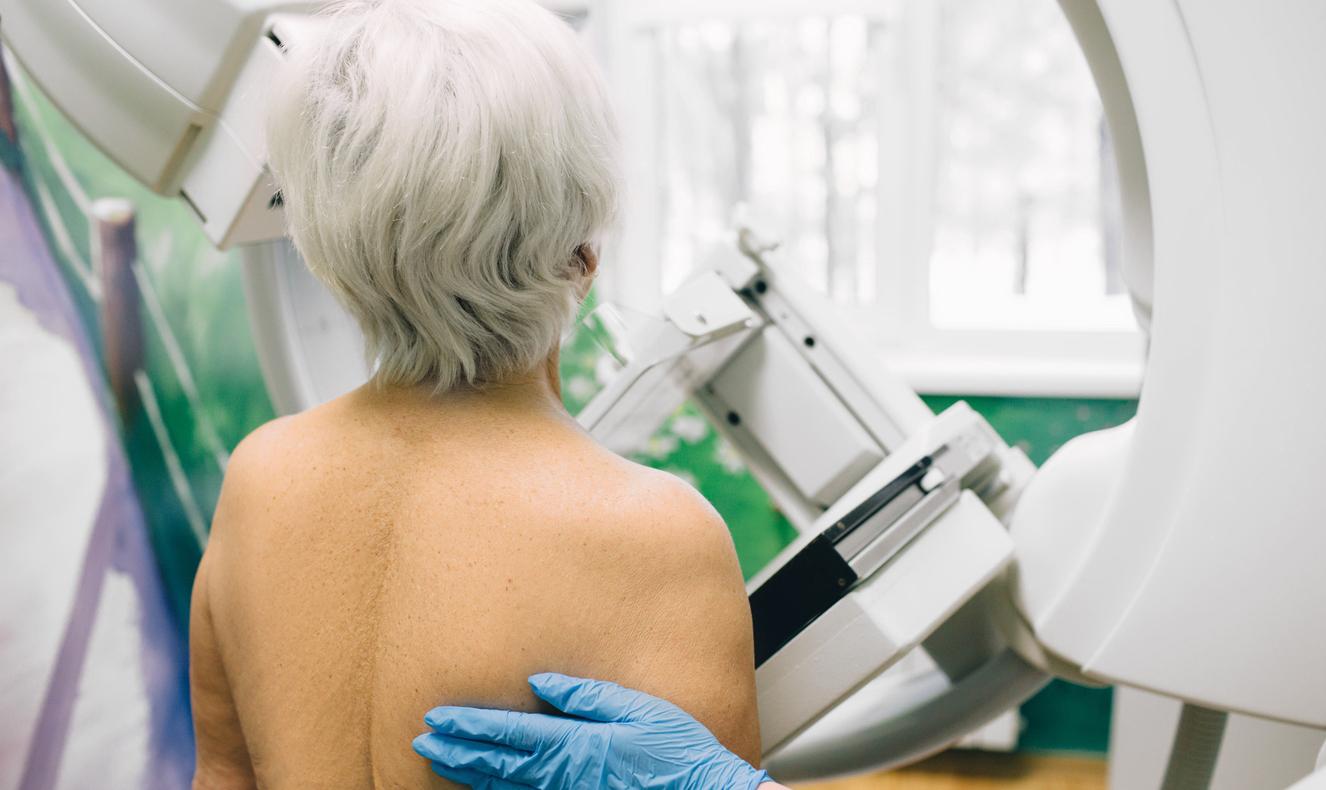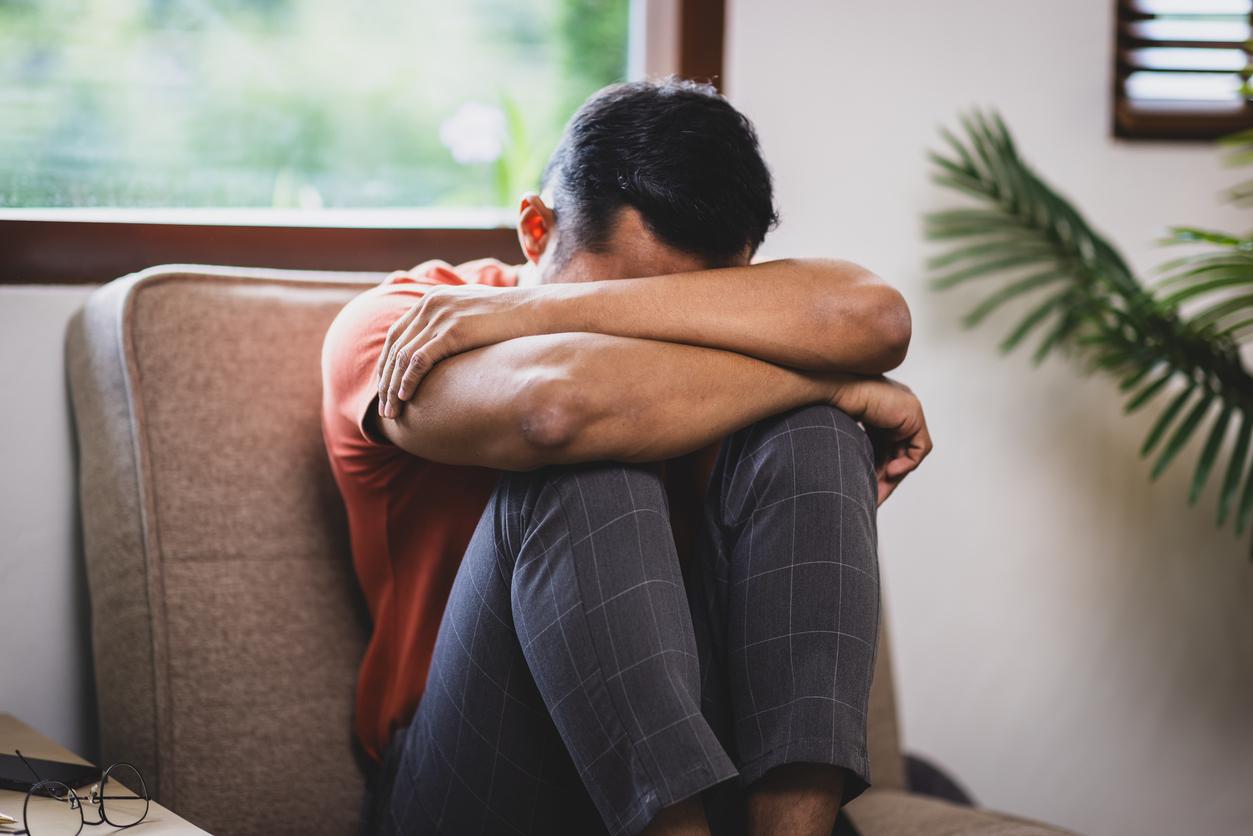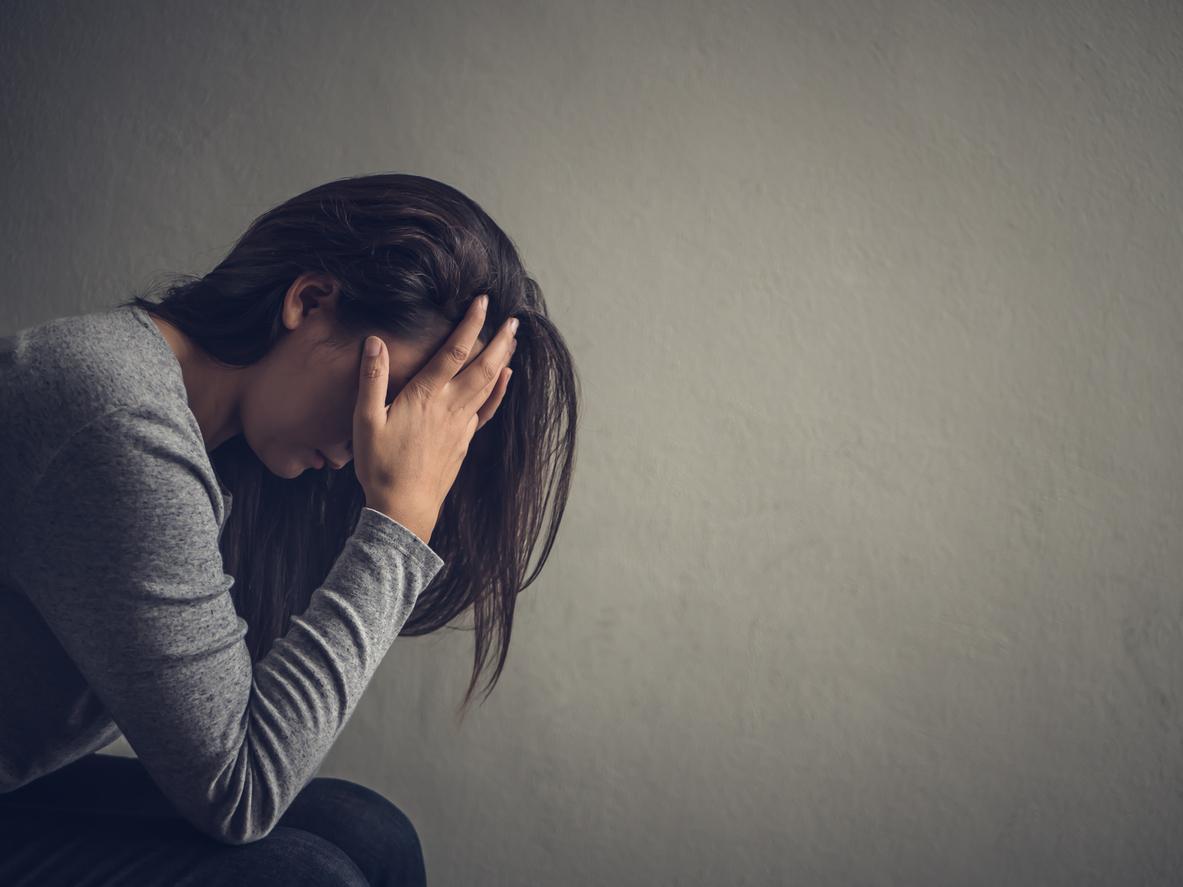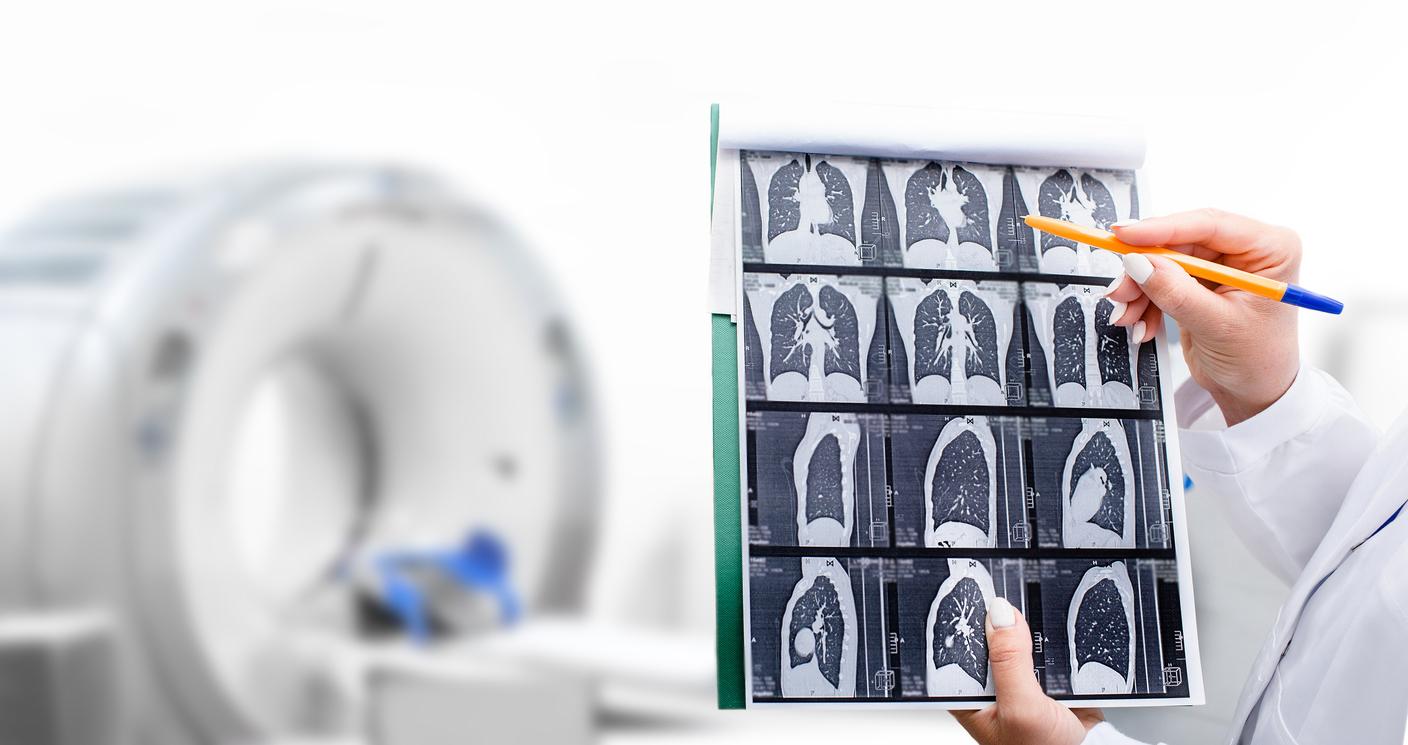Dr. Antonio Di Meglio draws attention to the fact that women with breast cancer can also suffer from depression during and after treatment.
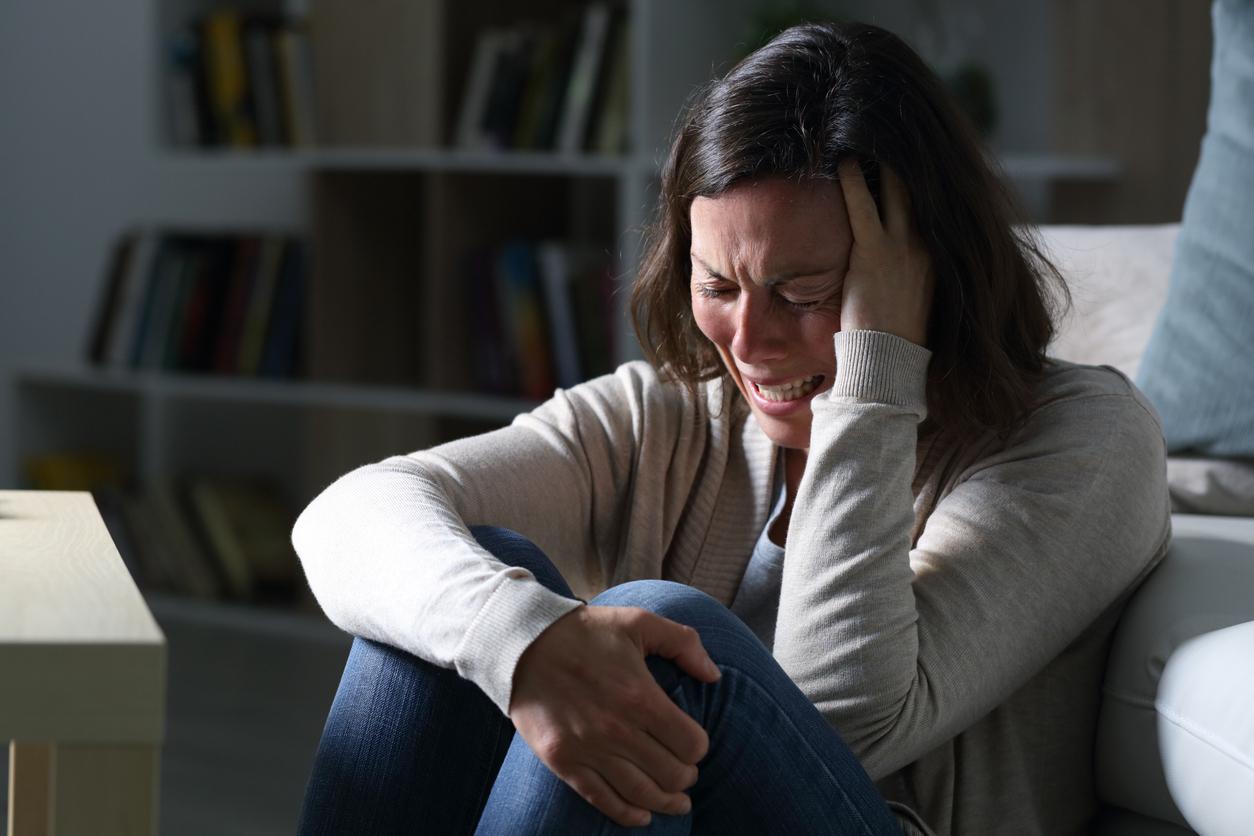
- In France, breast cancer is the cancer that affects the most women, clearly ahead of colorectal cancer and lung cancer.
- According to a new survey, 20% of women develop depression during treatment or within six years.
- “Screening and monitoring depressive symptoms are essential to intercept the psychological vulnerability of women diagnosed with breast cancer,” says Dr. Antonio di Meglio.
A new study presented at ASCO by Dr. Antonio Di Meglio, an oncologist and researcher at Gustave Roussy, looked at the links between breast cancer and depression.
“The aim of this work was to draw up the profile of patients at risk of depression from the time of diagnosis of breast cancer in order to implement targeted strategies to prevent this risk” noted Gustave Roussy in a press release.
To achieve this goal, Antonio Di Meglio and his team relied on 9,087 women who were members of the CANTO cohort, which has been collecting data on patients who have suffered from localized breast cancer since 2012.
All the women selected by Antonio Di Meglio were followed for six years after diagnosis. All of these patients received surgery, about 90% received radiotherapy, 82% received hormone therapy and 53% received chemotherapy.
Breast cancer: 20% of women monitored developed depression
“This work allowed us to identify several groups of women based on their depressive symptoms,” explains Antonio di Meglio. “Overall, 70% of them had little or no depressive symptoms at diagnosis, during treatment and for 6 years afterwards. Nearly 7% of the patients in this study already had depressive disorders at the time of diagnosis, disorders which resolved very quickly after active treatment (surgery, chemotherapy, radiotherapy)”, adds the researcher. “On the other hand, 20% of these women developed depression during the treatment phase or during the six-year follow-up even though they did not necessarily have depressive disorders before diagnosis.” emphasizes the breast cancer specialist.

Although the type of treatment received did not appear to be a risk factor for depression, the Gustave Roussy researchers identified others.
Thus, older women have an increased risk of depression, as do those with a high body mass index (overweight or obese), those with a history of psychiatric disorders and those with a lower socioeconomic level. Women suffering from anxiety, cognitive impairment, fatigue and poor self-image at the time of breast cancer diagnosis were also more likely to have depressive symptoms.
Breast cancer and depression: “appropriate psychological support could help”
“Screening and monitoring depressive symptoms are essential to intercept the psychological vulnerability of women diagnosed with breast cancer,” concludes Doctor Antonio di Meglio. “Appropriate psychological support and interventions aimed at reducing health risk behaviors such as weight gain, physical inactivity and alcohol consumption – particularly during the care phase – could help reduce long-term depressive symptoms after breast cancer treatment,” he concludes.
In France, breast cancer is the cancer that affects the most women, clearly ahead of colorectal cancer and lung cancer.










